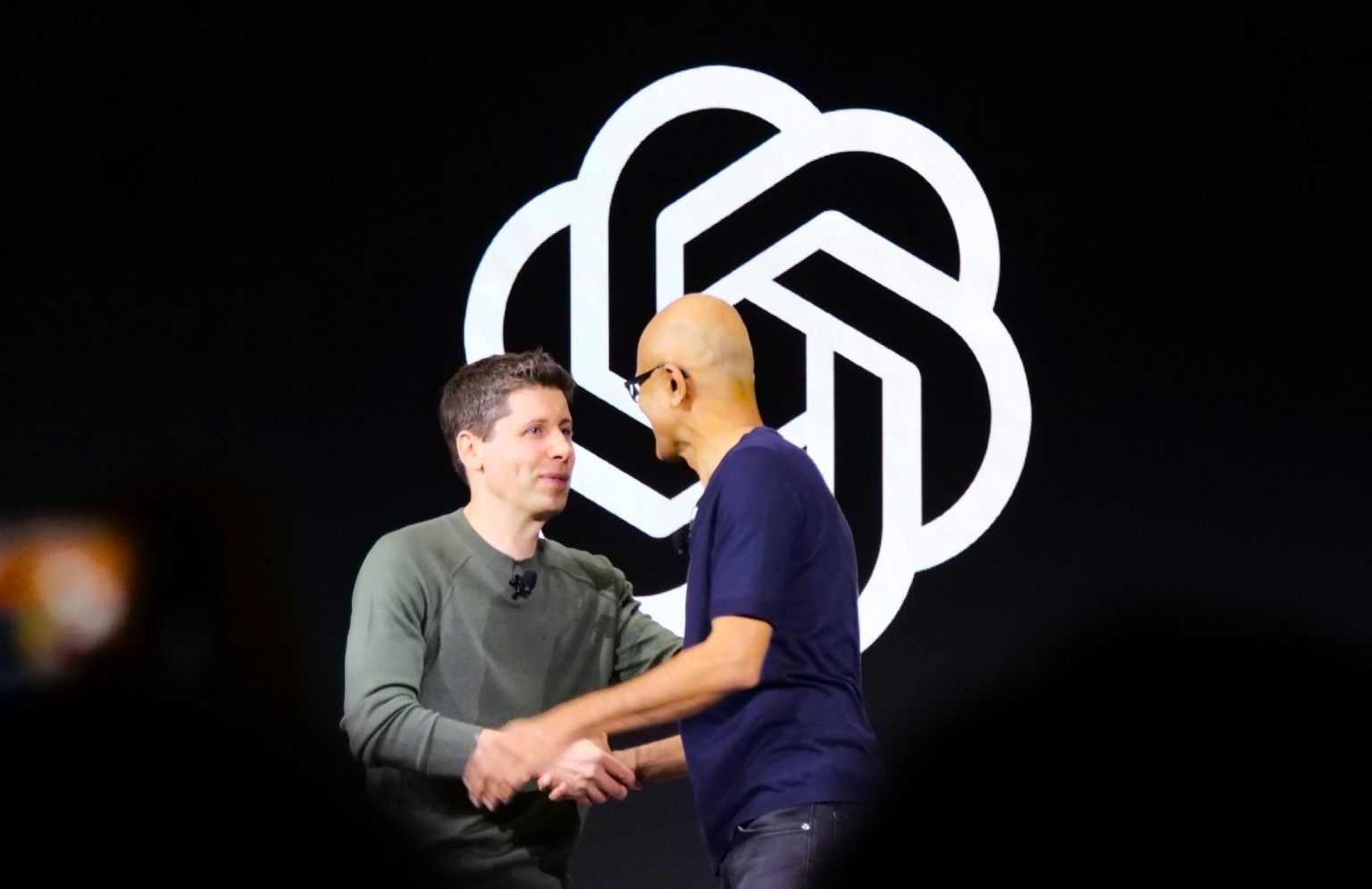Microsoft’s partnership with OpenAI is facing strains due to various issues, including OpenAI’s need for more funding, Microsoft’s recruitment of leaders from a rival AI company, and questions regarding Microsoft’s equity stake in any future version of OpenAI. Both the New York Times and the Wall Street Journal reported on these developments, with OpenAI CEO Sam Altman remaining optimistic about the future of the companies despite these challenges. Microsoft is looking to chart its own course in AI research and development, regardless of its relationship with OpenAI over the long term.
GeekWire recently explored Microsoft’s history in AI research as part of its Microsoft @ 50 series. The company has highlighted its long-standing commitment to AI research and applications, pointing to various examples to showcase its expertise in the field. However, concerns were raised when it was revealed that one of Microsoft’s key AI researchers, Sebastien Bubeck, would be joining OpenAI. This move could potentially impact Microsoft’s AI research efforts and relationship with OpenAI moving forward.
The relationship between OpenAI and Microsoft is further complicated by OpenAI’s new satellite office in Bellevue, Washington, located near Microsoft’s headquarters. This geographic proximity not only benefits the partnership between the two companies but also raises the possibility of current Microsoft employees potentially defecting to OpenAI. Despite Altman describing the partnership as the best bromance in tech, recent developments indicate that the relationship may be evolving into a more competitive and uncertain dynamic.
Microsoft has refrained from commenting on the recent reports and appears to be focused on solidifying its position in the AI landscape independently of OpenAI. The company’s recruitment of leadership talent from Inflection AI, a competitor to OpenAI, further underscores its commitment to advancing AI research and innovation. As both companies navigate these challenging circumstances, the future of Microsoft’s equity stake in OpenAI remains uncertain, with potential implications for their ongoing collaboration in AI development.
The evolving dynamics between OpenAI and Microsoft highlight the complexities inherent in partnerships between technology companies, particularly in the rapidly evolving field of artificial intelligence. As the stakes continue to rise in AI research and development, Microsoft and OpenAI must navigate shifting priorities and loyalties to ensure collaboration while pursuing their respective goals in AI innovation. The future of their partnership remains subject to various external factors, including funding, talent recruitment, and equity considerations, emphasizing the need for adaptability and strategic decision-making in the competitive AI landscape.
Ultimately, the fraying partnership between Microsoft and OpenAI underscores the challenges and uncertainties facing technology companies in the AI space. As both companies seek to advance their AI research and development efforts, they must confront potential conflicts of interest, competition for talent, and questions surrounding equity stakes. By addressing these issues openly and strategically, Microsoft and OpenAI can potentially overcome current challenges and deepen their collaboration in pursuit of shared goals in AI innovation and advancement.












